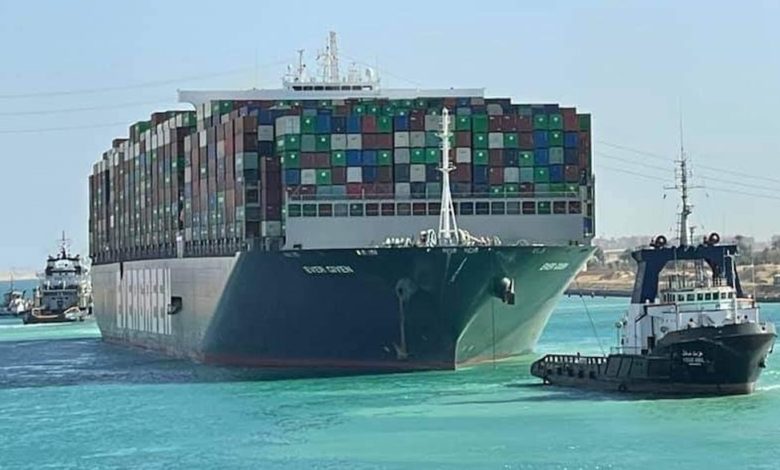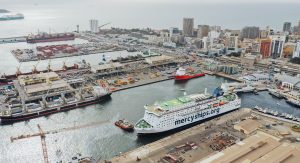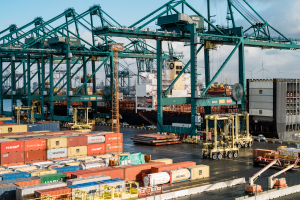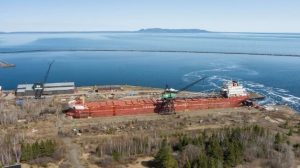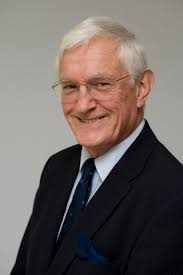 By Michael Grey*
By Michael Grey*
These are tough times for the professional salvor, with concern being expressed about weak revenues and worries about capacity. To the casual inquirer about salvage matters, it might seem that marine casualties have been both frequent and spectacular of late, what with containership fires, blazing tankers and car carriers that won’t stay upright. Then there was the Ever Given, which true to her name was giving us all a couple of months of headlines but, more importantly, a spectacular reason for salvage expertise being always available.
But professional salvors, who no longer sit around aboard powerful tugs waiting for something to happen, just have not been earning the rewards they need to maintain their investment. There is, these days, no compulsion to stay in an unrewarding sector, so there can be no surprise that a number of famous names, notably under the Ardent label, went off to more lucrative non-salvage business. They probably won’t be back.
Despite the various maritime casualties that make it into the mainstream media, the maritime world is a safer place, so there are fewer opportunities for the professional salvor to make a decent crust. The Annual Report of the International Salvage Union emphasises the economic pressure being faced by the sector, with revenue both from salvage itself and wreck removal declining.
Now it might be suggested that while the salvage specialists are having a hard time, there is plenty of hardware that can be pressed into use when something nasty happens. There are powerful anchor handlers available just about anywhere there is offshore drilling or construction and gigantic cranes and barges with lifting capacities that would have been thought impossible only twenty years ago.
To a certain extent that is true, but salvage is not just about hardware but expertise, which will always be the crucial element that intervenes between success and failure. The craft of the professional salvor is based on experience and without this component, all the tugs and cranes, pontoons and barges will be useless. Without resources, can this expertise be preserved, with a new generation of salvors coming along to carry the torch? It was interesting to read in salvor Alan Loynd’s recent biography “All at Sea”, that concern about the age of available expertise in Hong Kong has led him to start what can be described as an apprenticeship scheme, to encourage younger professionals in the field.
There is a tempting analogy that can be made between marine salvage and the fire brigade, which these days is more about prevention than cure. The ISU figures show the value of the work of its members in the amount of pollution that doesn’t end up in the sea. It is also worth considering that pollution comes in many forms these days, with the menace of oil pollution seemingly being less severe than the mess that can come from plastics, where container ships have come to grief.
It seems that vast quantities of plastic beads are being carried around the world at present, as raw materials, which, as seen recently in the case of the Xpress Pearl casualty off Sri Lanka, can be devastating to the environment. We learned about this new curse some years ago, when the plastic bead cargo from the ship wrecked off Tauranga was washed far and wide up and down the New Zealand coast. Sadly, this menace, it seems, has yet to register more widely.
You might think that a well-resourced salvage sector, with its vital elements of experience and expertise is as essential now as it has ever been. Container ship design and construction has focussed more about the unit costs of carrying boxes around and has largely ignored what might be done with these monsters when they ground, are wrecked or as seems obvious, about once a month, catch fire. People probably never saw, or don’t remember the totality of destruction in the fore part of the Maersk Honan.
But after the Ever Given, when the public at large was given some idea of the sheer scale of a modern salvage operation, it might be thought that there will be some pressure on ship operators to consider the “what if…?” question rather more responsibly. But more likely, they will just hope for the best and expect professional salvors to pull the rabbit out of the blazing hat and clear up the mess they have made.
* Michael Grey is former editor of Lloyd’s List. His latest insightful column is published with the kind permission of Maritime Advocate online.


